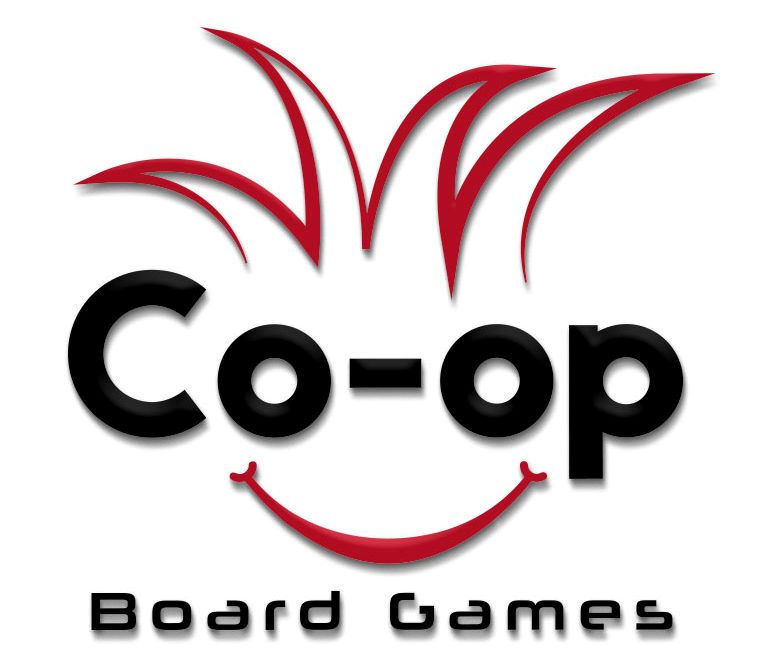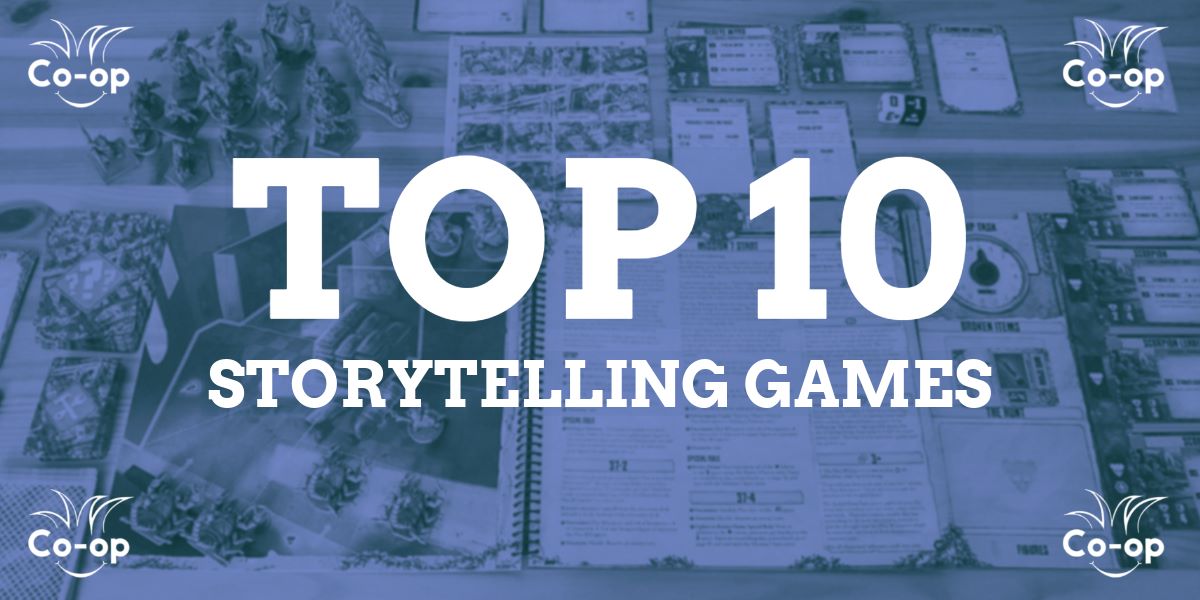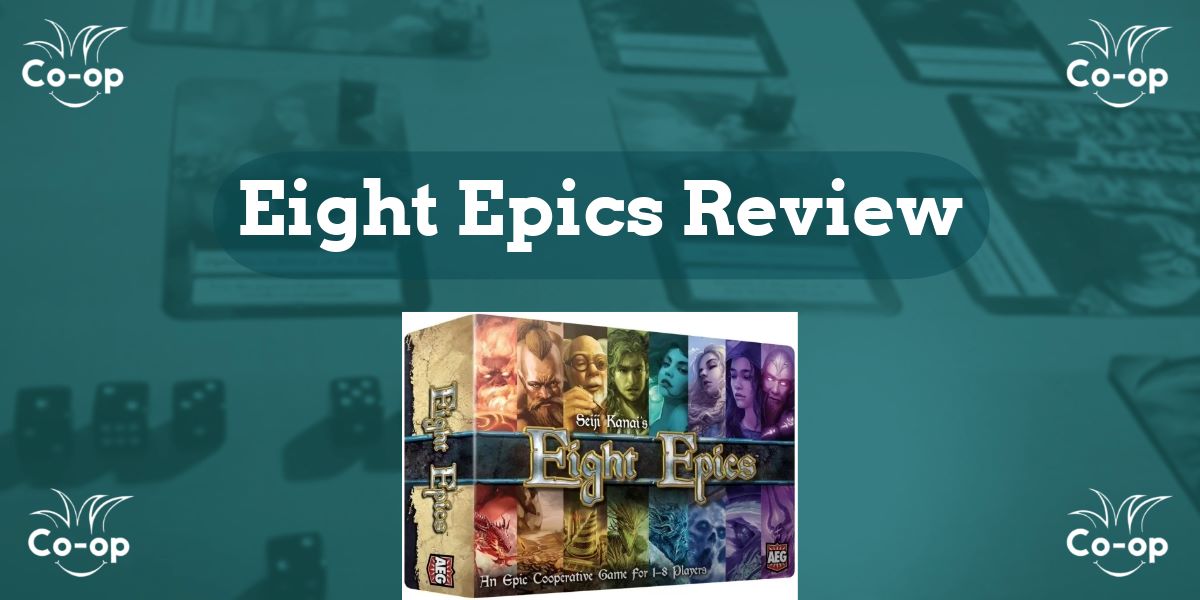Board games can be more than just entertainment for children — they can boost problem-solving skills, encourage creativity, and teach patience. For options that focus heavily on teamwork, you can also explore some great cooperative family games for all ages.
The top 10 board games for kids listed below have been selected for their ability to keep young minds engaged while offering plenty of replay value.
Age Distribution of Featured Games
Player Count Distribution
2 Games
4 Games
2 Games
1 Game
1 Game
1 Game
10. Dorfromantik
Dorfromantik is a calm, creative tile-placement game where kids build a countryside area with forests, rivers, villages, and train tracks. This 2023 Spiel des Jahres winner is perfect for children who enjoy visual puzzles and planning ahead. The game also offers a gentle learning curve that encourages strategic thinking without high-pressure competition.
Pros:
- Encourages planning and critical thinking
- Relaxing theme ideal for quiet play
- Can be enjoyed solo, making it perfect for independent play
- Award-winning design with campaign elements
Cons:
- May feel too slow for kids who like fast action
- Less exciting for children who prefer competitive games
9. The Initiative
This mystery-solving game puts kids in the role of clever problem-solvers, uncovering a hidden story through codes and puzzles. It offers a sense of adventure, letting children feel like detectives as they work through clues. The gradual difficulty makes it engaging for curious young minds.
Pros:
- Inspires critical thinking and deduction skills
- The story keeps kids motivated to keep playing
- Promotes teamwork when played with friends
Cons:
- Replay value is limited once the main story is solved
- Some puzzles may be too challenging for younger kids without help
8. King of Monster Island
For kids who love action and teamwork, King of Monster Island is a thrilling cooperative game where players team up as giant monsters to save the island from threats. Dice rolling adds excitement, while strategic choices give older children room to plan moves.
Pros:
- Fun theme with colorful monster characters
- Combines luck and strategy, keeping games unpredictable
- Encourages cooperation and communication
Cons:
- It may be overwhelming for children under 10
- Games can run a bit long for kids with shorter attention spans
7. Hues and Cues
Hues and Cues is a colorful guessing game where players describe colors in creative ways for others to guess. It’s a great way for kids to explore descriptive language and visual perception, making it both fun and educational.
Pros:
- Encourages creativity and vocabulary building
- Simple rules make it quick to learn
- Large player range suits classrooms or playdates
Cons:
- Not ideal for children with color vision difficulties
- Can feel repetitive after several rounds
6. Zombie Kidz Evolution
In Zombie Kidz Evolution, children defend their school from funny zombie characters. The game evolves over time — new rules and powers are unlocked as they win games, keeping kids excited to return. It’s fast-paced and filled with simple choices, making it perfect for younger players.
Pros:
- Campaign-style play keeps kids motivated
- Short rounds fit well into busy schedules
- Easy enough for young players to grasp quickly
Cons:
- Limited player count may exclude larger groups
- Campaign completion may reduce interest over time
5. Outfoxed!
Outfoxed! is a beginner-friendly deduction game where children work together to catch a sneaky fox before it escapes. The rules are simple, and the cooperative format ensures no child feels left out, making it excellent for younger kids learning board games for the first time.
Pros:
- Teaches deductive reasoning in an easy way
- Bright and appealing artwork for children
- No direct competition, reducing frustration
Cons:
- It may be too simple for kids over 8
- Limited replay once children master the deduction process
4. Guess in 10 Junior
A kid-friendly version of the popular guessing game, Guess in 10 Junior, helps young children practice asking smart questions to narrow down the answer. The topics are designed for early learners, with colorful cards and simple prompts.
Pros:
- Improves questioning and memory skills
- Quick rounds keep kids engaged
- Portable for travel or outdoor play
Cons:
- Limited challenge for older children
- Some topics may be too easy for experienced players
3. Rhino Hero
Rhino Hero is a stacking game where kids build a tall tower while moving the superhero rhino up and down. It’s part dexterity challenge, part strategy, as players must decide where to place cards without toppling the tower.
Pros:
- Develops hand-eye coordination and patience
- Exciting and unpredictable gameplay
- Easy for young kids to understand
Cons:
- Towers can fall quickly, causing frustration
- Limited strategic depth for older children
2. Sushi Go!
Sushi Go! is a quick card-drafting game where players choose the best sushi dishes to score points. Its cute artwork and simple scoring make it a hit with kids who enjoy light strategy.
Pros:
- Adorable design appeals to children
- Quick to learn and play
- Helps with decision-making and planning
Cons:
- May feel repetitive over many plays
- Some scoring combinations can confuse younger kids
1. Dragon’s Breath
In Dragon’s Breath, kids remove ice rings to collect sparkling gems that have been trapped. This 2018 Kinderspiel des Jahres winner is visually appealing and keeps younger children engaged with a mix of luck and light strategy. The game features high-quality components from HABA Games.
Pros:
- Bright colors and tactile pieces capture attention
- Simple mechanics perfect for beginners
- Short playtime keeps interest high
- Award-winning children’s game design
Cons:
- Limited depth for older kids
- Heavy reliance on luck rather than strategy
Conclusion
Board games are a great way to help kids learn, think creatively, and enjoy time away from screens. Whether they prefer puzzles, strategy, or quick-action challenges, there’s a game on this list for every young player. If you’re looking to explore even more options beyond kids’ titles, our collection of the top 40 cooperative board games offers plenty of choices for different ages and play styles.
Frequently Asked Questions
What age should kids start playing board games?
Children can start playing simple board games as early as 3-4 years old with games like Dragon’s Breath or Rhino Hero. Most of the games on our list are suitable for ages 5 and up, with some requiring more advanced thinking skills for ages 8 and above.
How do board games help child development?
Board games help children develop critical thinking, problem-solving skills, patience, and social skills like taking turns and following rules. They also improve hand-eye coordination, memory, and mathematical concepts like counting and pattern recognition.
What makes a good board game for kids?
Good board games for kids have simple rules that are easy to understand, engaging themes that capture their interest, appropriate difficulty levels for their age group, and reasonable play times that match their attention spans. Quality components that can withstand enthusiastic handling are also important.
Should I choose competitive or cooperative games for kids?
Both types have benefits. Cooperative games like Outfoxed! teach teamwork and reduce frustration from losing, making them great for younger children or mixed-age groups. Competitive games help kids learn to win and lose gracefully while developing strategic thinking.
How long should board games last for children?
For younger children (ages 5-7), games should typically last 15-30 minutes to match their attention spans. Older children (ages 8+) can handle games lasting 30-60 minutes. The games on our list are specifically chosen to have appropriate play times for their target age groups.
Are these games suitable for mixed-age family play?
Many games on this list work well for mixed-age family play. Games like Dorfromantik, Hues and Cues, and Dragon’s Breath can be enjoyed by both children and adults, though some may require adults to adjust their play style to keep things fun for younger players.




